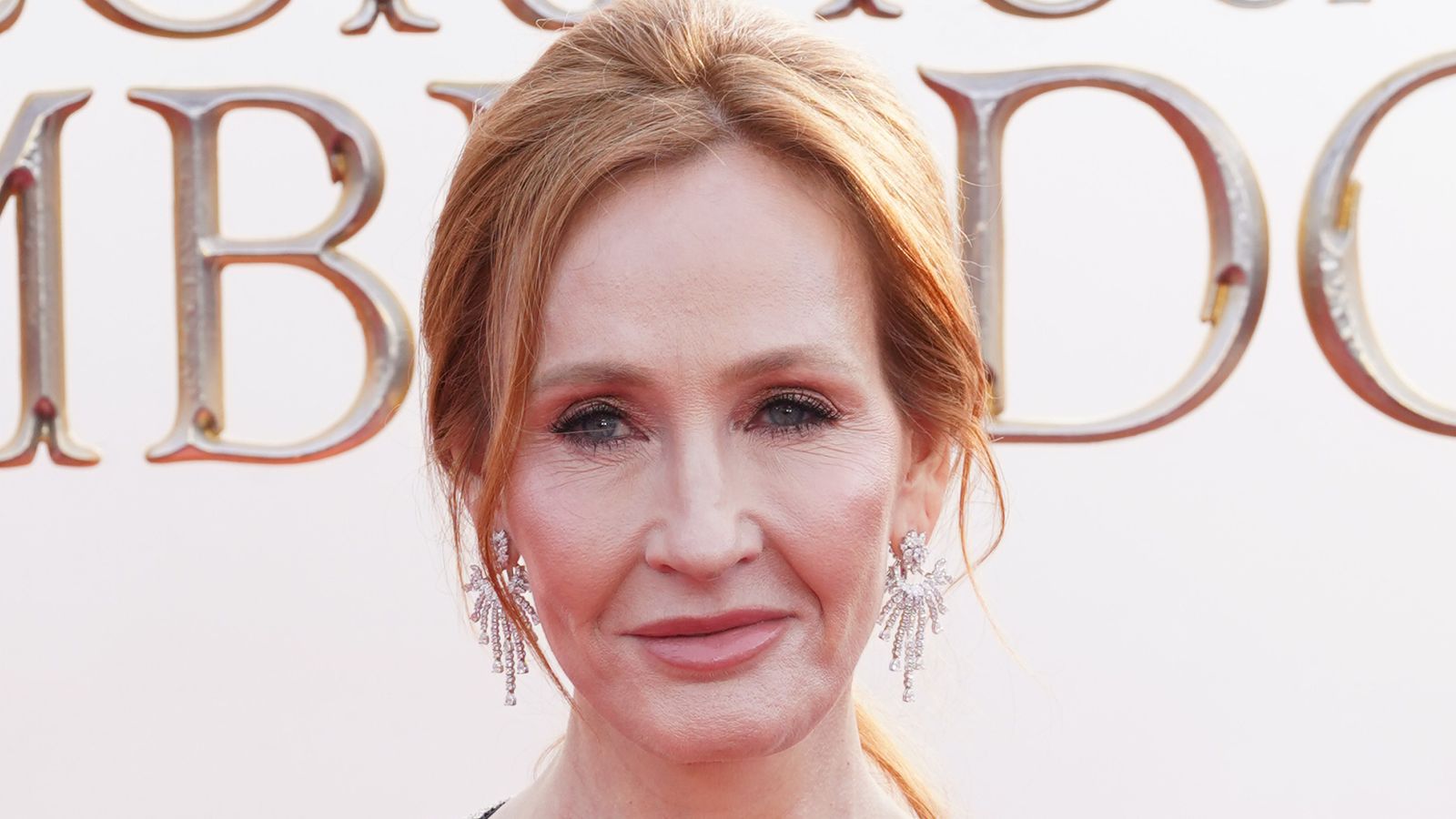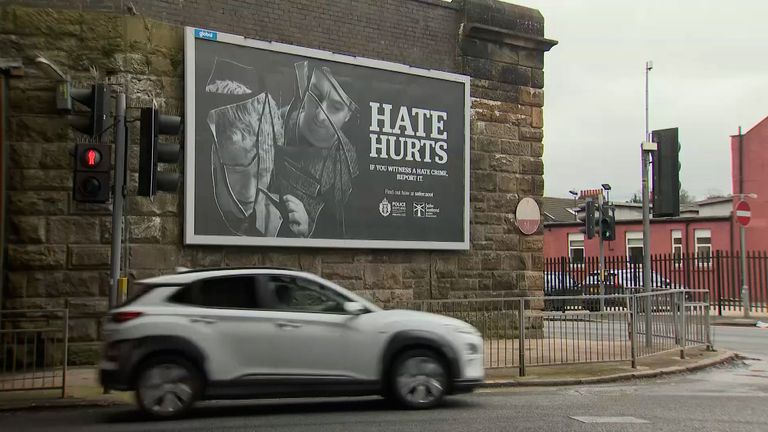JK Rowling dares police to arrest her as Scotland’s new hate crime laws come into force


JK Rowling has dared police to arrest her as the Harry Potter author lashed out against new hate crime laws that have come into force in Scotland.
The new measures aim to tackle the harm caused by hatred and prejudice, extending protections from abusive behaviour to people on grounds including age, disability, religion, sexual orientation and transgender identity.
A Holyrood minister, Siobhian Brown MSP, said on Monday people “could be investigated” for misgendering someone online.
Those who support the new laws insist they will make Scotland more tolerant. But critics such as Rowling say the legislation could stifle free speech – and fails to extend these protections to women.
Rowling put out a series of comments on X lashing out against transgender women, including double rapist Isla Bryson, who was jailed for eight years last year for raping two women.
The attacks were carried out in 2016 and 2019 when Bryson, who was born Adam Graham, was living as a man.
A decision to initially house Bryson in an all-female jail sparked a backlash from the public and politicians – and Bryson was moved to the male estate within days.
Rowling said: “I’m currently out of the country, but if what I’ve written here qualifies as an offence under the terms of the new act, I look forward to being arrested when I return to the birthplace of the Scottish Enlightenment.”
New laws ‘open to abuse’
Advertisement
She said the new legislation “is wide open to abuse by activists who wish to silence those of us speaking out about the dangers of eliminating women’s and girls’ single-sex spaces, the nonsense made of crime data if violent and sexual assaults committed by men are recorded as female crimes, the grotesque unfairness of allowing males to compete in female sports, the injustice of women’s jobs, honours and opportunities being taken by trans-identified men, and the reality and immutability of biological sex”.
Rowling has long been involved in a battle with the transgender community, who accuses her of being transphobic. The author denies the accusation, saying she wants to defend women’s rights.
On Monday she went on to say: “The re-definition of ‘woman’ to include every man who declares himself one has already had serious consequences for women’s and girls’ rights and safety in Scotland, with the strongest impact felt, as ever, by the most vulnerable, including female prisoners and rape survivors.
“It is impossible to accurately describe or tackle the reality of violence and sexual violence committed against women and girls, or address the current assault on women’s and girls’ rights, unless we are allowed to call a man a man. Freedom of speech and belief are at an end in Scotland if the accurate description of biological sex is deemed criminal.”
Please use Chrome browser for a more accessible video player

2:35
Scotland’s hate crime laws explained
‘Too much hatred’
The Scottish Government has said separate laws will be brought in specifically to tackle misogyny.
First Minister Humza Yousaf has defended the legislation, saying there has been a “rising tide of hatred against people because of their protected characteristics” in recent years.
“I’m very proud of the hate crime act,” he said, adding it will “protect people from hatred, while at the same time protecting people in terms protecting people in terms of their freedom of expression”.
Equivalent ‘stirring up’ offences within the new act have existed for racial hatred since the 1980s and will be “policed sensibly”, he said.
Ms Brown, the minister for victims and community safety, added: “Nobody in our society should live in fear and we are committed to building safer communities that live free from hatred and prejudice.
“We know that the impact on those on the receiving end of physical, verbal or online attacks can be traumatic and life-changing. This legislation is an essential element of our wider approach to tackling that harm.
“Protections for freedom of expression are built into the legislation passed by parliament and these new offences have a higher threshold for criminality than the long-standing offence of stirring up racial hatred, which has been in place since 1986.”
‘I’m not here because of hate today’
Meanwhile, protesters staged a demonstration outside Holyrood against the new laws.
As a large crowd gathered outside the Scottish Parliament building in Edinburgh, one of the speakers led the protesters in a singalong of “why, oh why, oh Humza”.

One of the organisers, Stef Shaw, told Sky News there is “great cause for concern” over the new legislation.
Mr Shaw, also known as the Glasgow Cabbie, said: “This is based on perception of hatred and one person’s perception of hatred could be very different from another person’s.

“I see absolutely no positives to this act. It will cause major problems in Scotland.”

Elizabeth Richardson, from Rosyth in Fife, said: “I’m not here because of hate today. I’m here for the love of Scotland and the passion that I feel about the love of our country.
“Women can’t speak up about how they feel about men in women’s spaces any longer.
“They aren’t thinking about the women and children. We are not going to be protected and we can’t speak out to protect anybody either.”
Midlothian councillor Pauline Winchester branded the new laws “ridiculous”.

First Minister Humza Yousaf has previously stressed there will be a “triple lock” of protection for free speech.
This includes an explicit clause, a defence for the accused’s behaviour being “reasonable” and the fact the Act is compatible with the European Convention on Human Rights.
In regards to being targeted with hate herself, Ms Winchester said: “I’m targeted quite often – English accent, Conservative councillor. I’m one of the targeted, so let’s see if it protects me as well.”
Pastor David Richardson, from East Kilbride in South Lanarkshire, said “free speech is going to be affected tremendously”.

He added: “People are going to start being more quiet about just normal conversations and opinion.
“This is going to cramp everyone’s style, big style.”

The pastor believes the new laws will affect everyone, not just Christians.
He added: “As the police start to try to apply this, it’s going to become very intrusive. This is going to be weaponised against people who want to speak their mind.”

